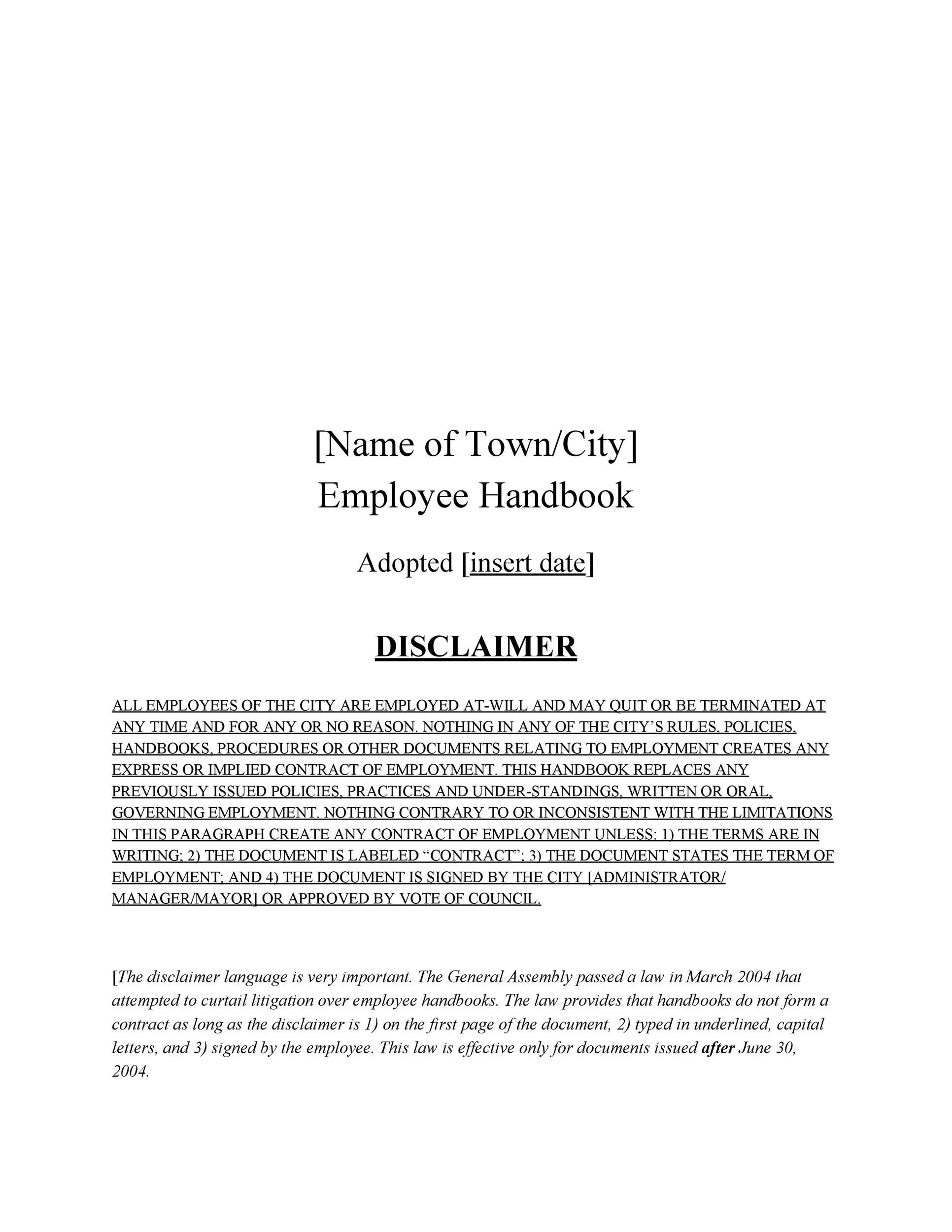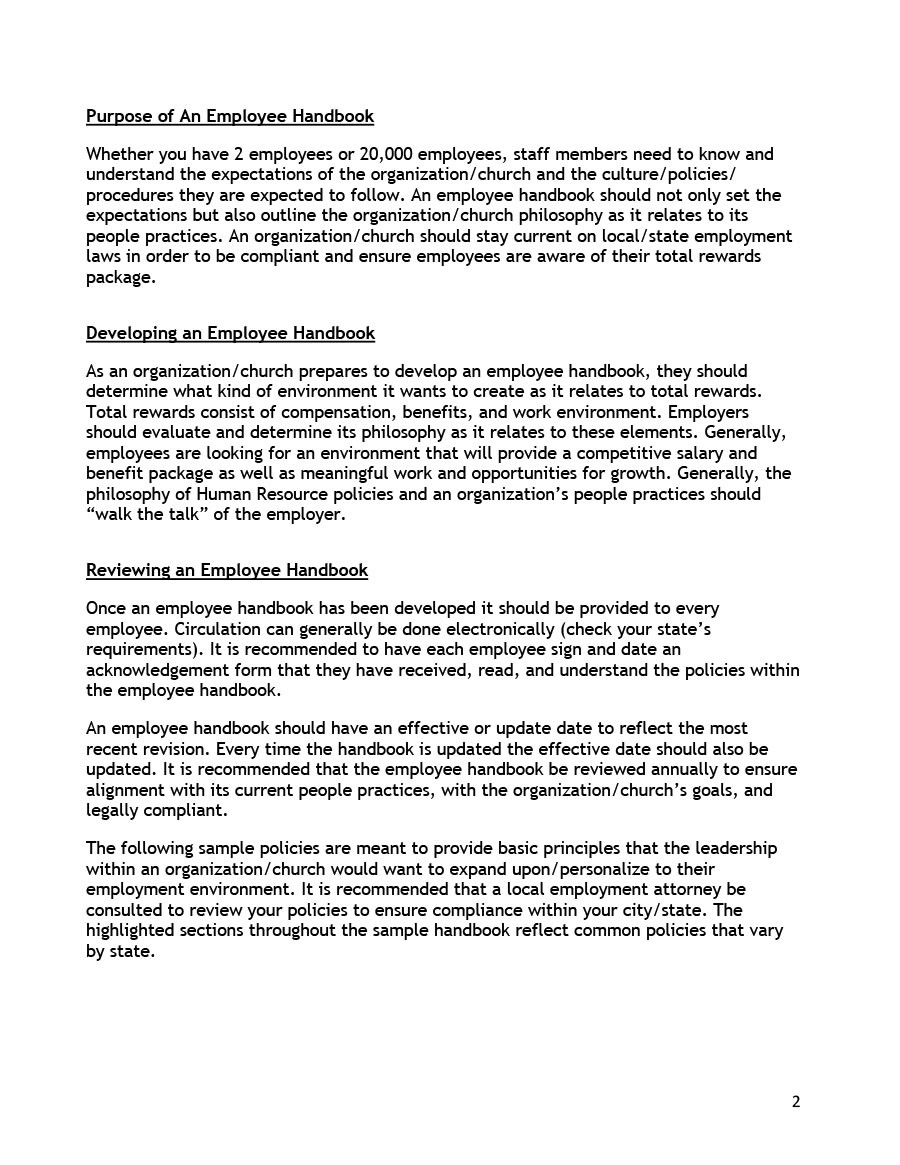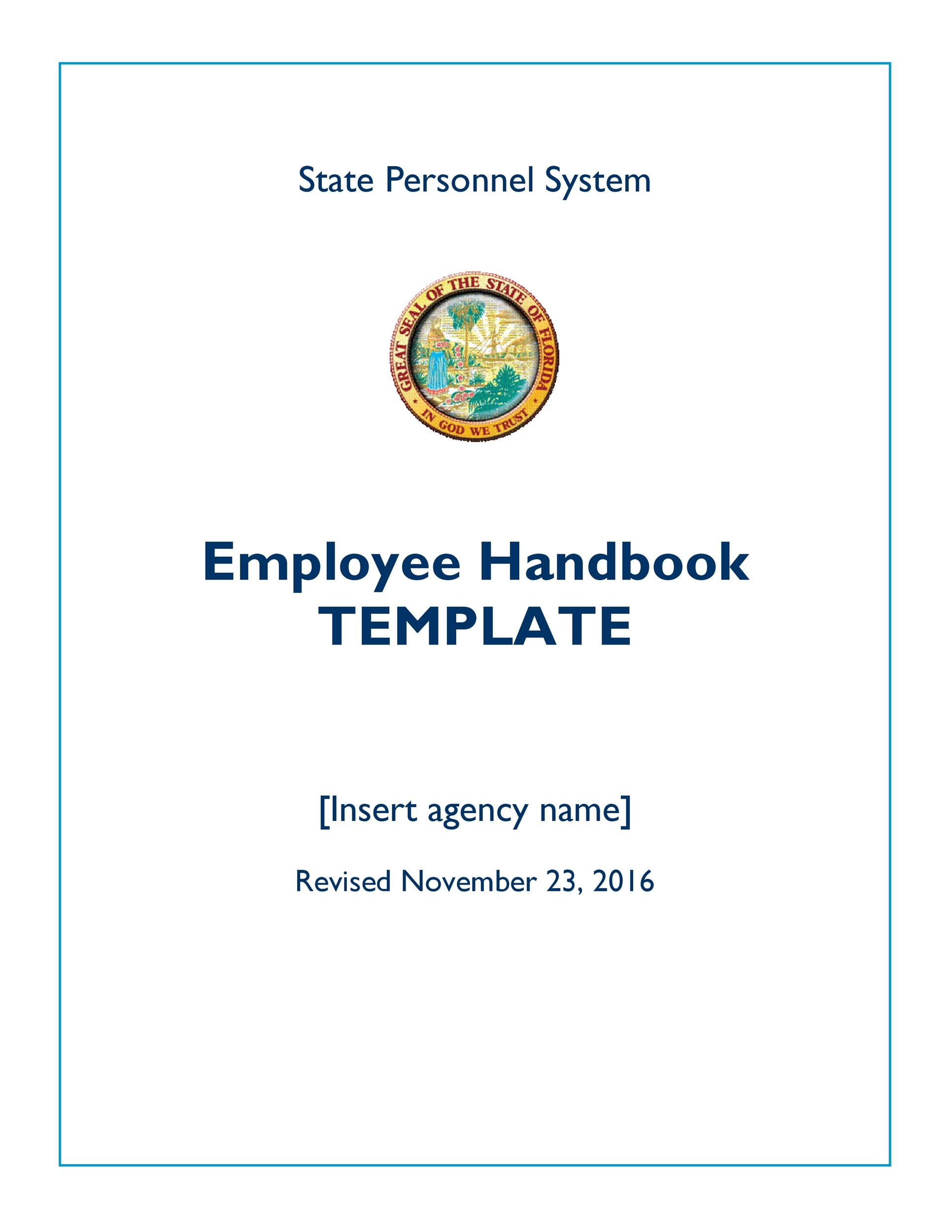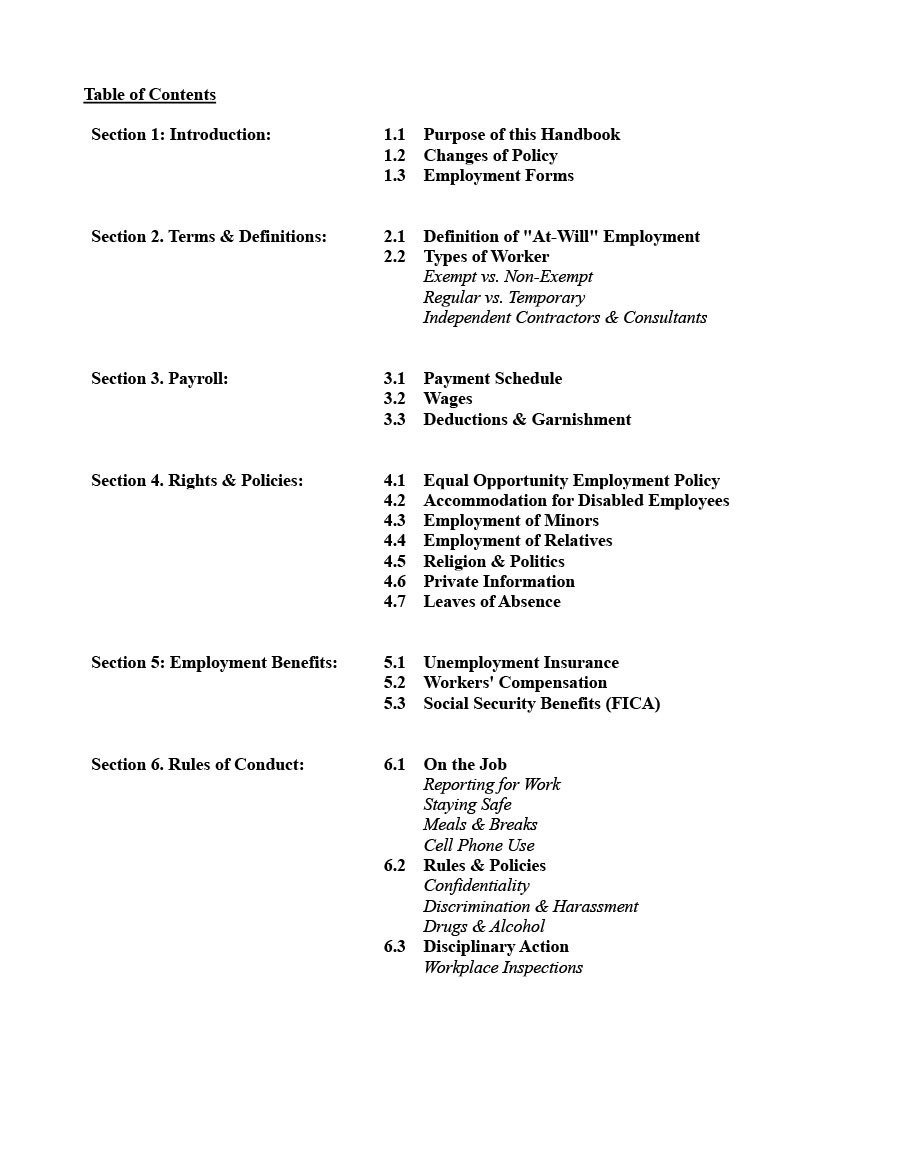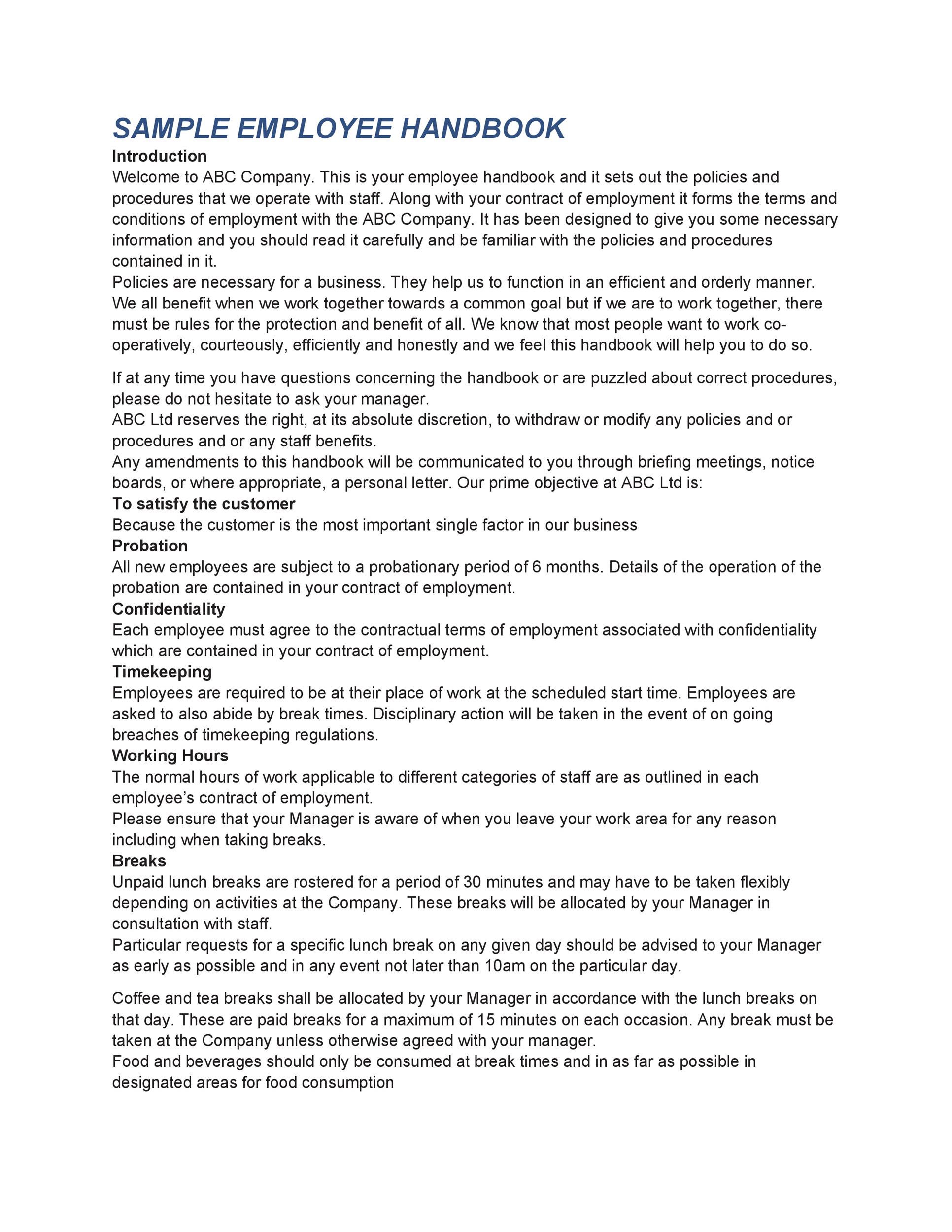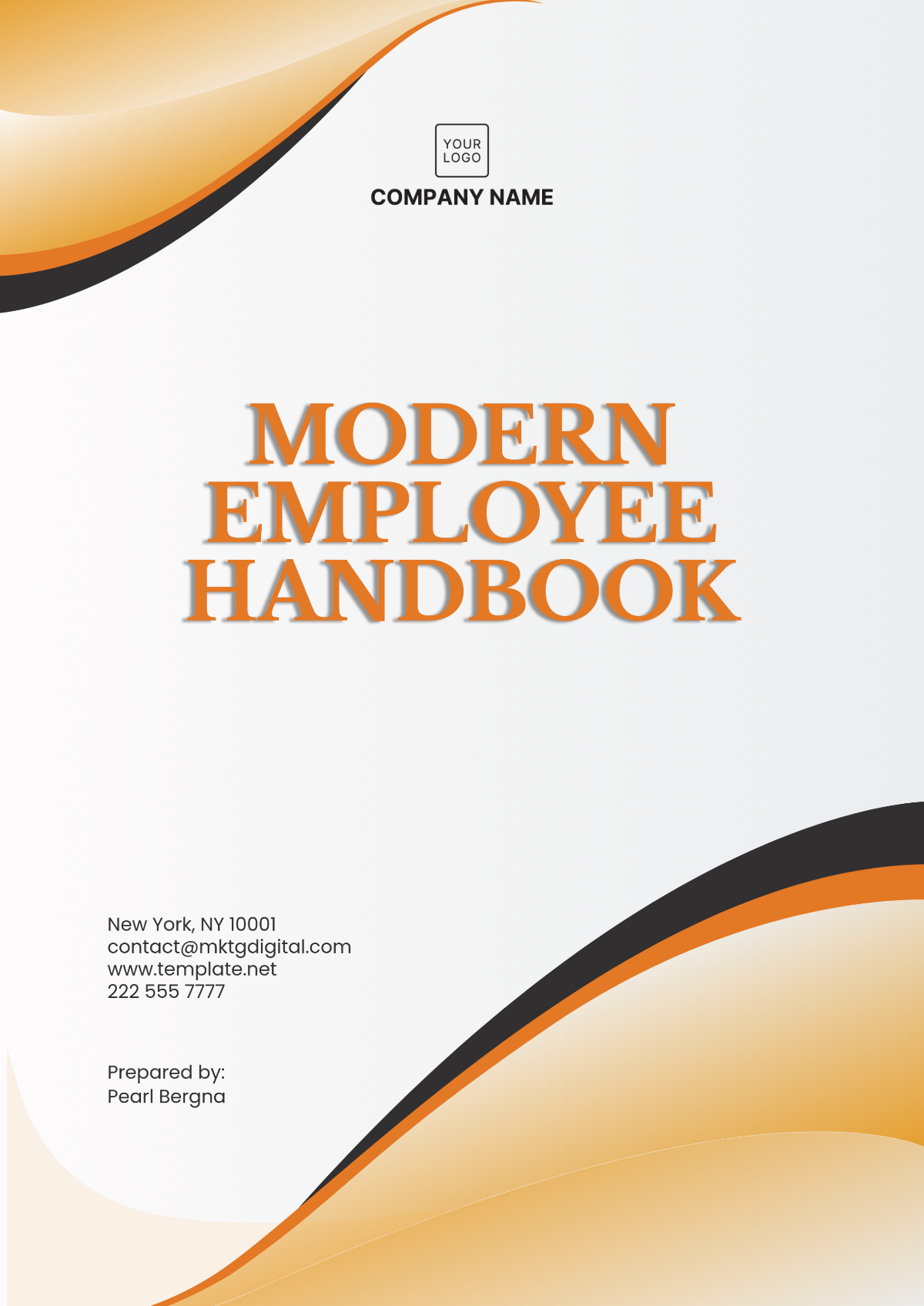
As a business owner or HR manager, creating an employee handbook can be a daunting task. It's a crucial document that outlines your company's policies, procedures, and expectations for employees. A well-crafted employee handbook is essential for ensuring that your team is informed, aligned, and productive. In this article, we'll explore the importance of employee handbooks and provide you with 42 best employee handbook templates and examples to get you started.
Why Do You Need an Employee Handbook?
An employee handbook is a comprehensive guide that covers everything from company history and mission to employee conduct and benefits. It serves as a reference point for employees to understand their roles, responsibilities, and expectations. A good employee handbook can help:
Reduce misunderstandings and miscommunications
Increase employee engagement and productivity
Ensure compliance with labor laws and regulations
Provide a positive and inclusive work environment
Support your company's culture and values
What to Include in an Employee Handbook?
A typical employee handbook should include the following sections:
Introduction to the company and its mission
Employee conduct and behavior expectations
Job descriptions and responsibilities
Benefits and compensation packages
Time-off and leave policies
Performance management and evaluation processes
Confidentiality and non-disclosure agreements
Social media and technology usage policies
42 Best Employee Handbook Templates and Examples
To make creating an employee handbook easier, we've compiled a list of 42 best employee handbook templates and examples. These templates cover a range of industries and company sizes, from small startups to large corporations. You can use these templates as a starting point and customize them to fit your company's unique needs.
Some popular employee handbook templates include:
TemplateLab's Employee Handbook Template
SHRM's Employee Handbook Template
Workable's Employee Handbook Template
These templates are available in various formats, including Word, PDF, and Google Docs, making it easy to edit and customize them to suit your needs.
Best Practices for Creating an Employee Handbook
When creating an employee handbook, keep the following best practices in mind:
Keep it concise and easy to understand
Use clear and simple language
Include visuals and graphics to break up text
Make it easily accessible to all employees
Review and update it regularly to ensure compliance with changing laws and regulations
By following these best practices and using one of the 42 employee handbook templates and examples provided, you can create a comprehensive and effective employee handbook that supports your company's growth and success.
In conclusion, an employee handbook is a vital document that plays a critical role in onboarding new employees, ensuring compliance, and promoting a positive work environment. With the 42 best employee handbook templates and examples provided, you can create a customized handbook that meets your company's unique needs and supports your team's success. Remember to keep it concise, clear, and easily accessible, and review it regularly to ensure it remains relevant and effective.

